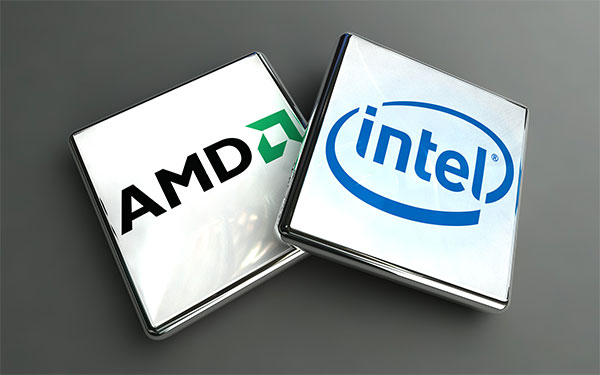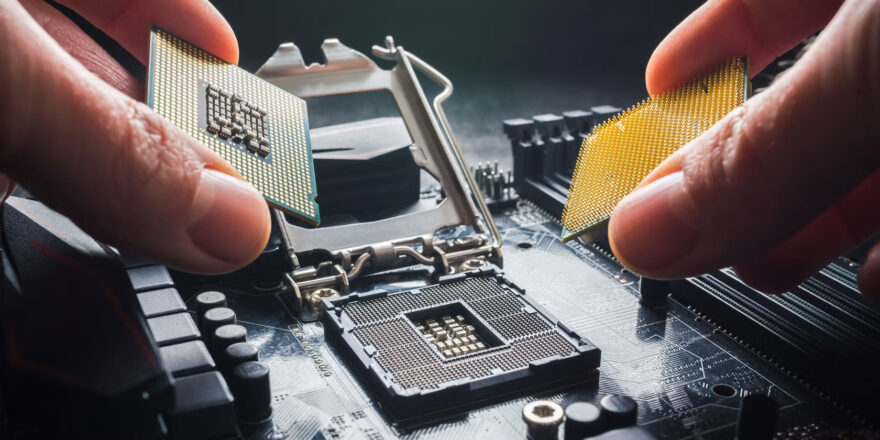AI Reportedly Impacts AMD and Intel Chip Performance
Solomon Thompson / 9 months ago

The recent surge in AI technology has unexpectedly influenced the performance of upcoming chips from AMD and Intel. Reports suggest that Strix APUs, originally equipped with a significant System-Level Cache (SLC), have undergone redesigns to prioritize neural processing units (NPUs) due to increasing demands for AI capabilities in PCs. This shift reflects the industry’s response to software innovations and specific requirements like those of Windows Copilot.
Impact of AI on Chip Design
AMD, known for leading in integrated GPUs with models like the Ryzen 5 8600G, now finds its new CPUs, such as the anticipated Strix Point, replacing vital performance-enhancing cache for AI-focused NPUs. This change could potentially dampen the performance that gamers and everyday users have come to expect from AMD’s integrated solutions.
On a similar note, Intel has also adjusted its upcoming chips like Arrow Lake and Lunar Lake to align with AI demands, shifting valuable die space from traditional CPU and GPU improvements to accommodate larger NPU blocks. This strategy suggests a broad industry trend towards AI, with significant implications for chip architecture and user experience.
Potential and Concerns

Despite the potential benefits of improved AI processing, this transition raises concerns about what might have been had the focus remained on enhancing core CPU and GPU performances. As the AI craze continues to unfold, it will be intriguing to see how these changes play out in real-world applications and whether the trade-offs will be worth the shifts in design priorities.
As we look ahead, the potential for AI in PCs is undeniable, but the question remains whether the sacrifice of traditional performance metrics will yield a new standard in computing or if it will call for a reevaluation of priorities in chip design.



















